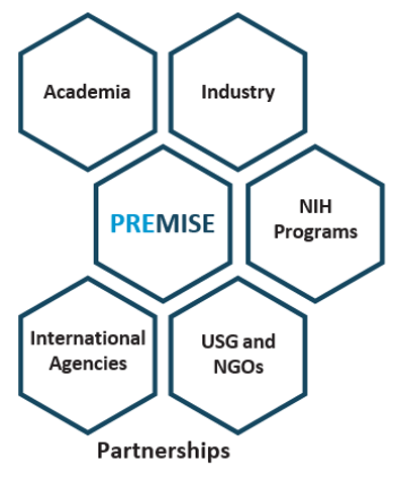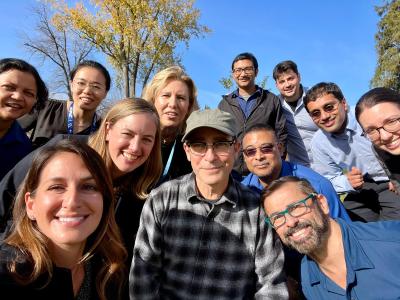NIH’s Advisory Committee to the Director (ACD) held its most recent meeting on December 12 and 13, 2024. As detailed in its Charter, ACD Members provide recommendations on program development, resource allocation, NIH administrative regulation, and other aspects of NIH policy.
For daily agendas and the full list of meeting materials, check the December 12-13, 2024 section of the 2022-2024 ACD Meetings page. Find video recordings of the ACD presentations at:
- Advisory Committee to the Director—December 2024 (Day 1)
- Advisory Committee to the Director—December 2024 (Day 2)
NIAID’s extramural research community may be especially interested in the following topics:
- RECOVER and RECOVER-TLC, presented by Dr. Monica Bertagnolli, NIH Director, and Dr. Sarah Read, NIAID Principal Deputy Director (Day 1, 1:47:40)
- NIH Director's Report, Budget Update, Legislative Update, presented by Dr. Monica Bertagnolli, NIH Director; Neil Shapiro, NIH Associate Director for Budget; and Kate Klimczak, NIH Associate Director for Legislative Policy and Analysis, respectively (Day 1, 0:02:45)
- Scientific Management Review Board, presented by Dr. Lawrence Tabak, NIH Principal Deputy Director (Day 1, 5:24:20)
- Accelerating Medicines Partnership Update, presented by Dr. Julie Gerberding, Chief Executive Officer of the Foundation for the NIH (Day 2, 1:53:10)
The meeting also covered the following topics:
- Early Career Intramural Investigator Highlight (Day 1, 2:41:45)
- ACD Working Group on Diversity Update (Day 1, 3:21:50)
- Accessibility, Disability Inclusion, and Disability Research at NIH (Day 1, 4:04:20)
- NExTRAC ENGAGE Update (Day 1, 4:47:05)
- Cancer Moonshot Update (Day 2, 0:00:25)
- Adolescent Brain Cognitive Development Update (Day 2, 1:01:10)
- HeLA Genome Data Access Working Group: Data Access Requests (Day 2, 1:44:05)
- Alzheimer’s Update (Day 2, 2:35:50)
The next ACD meeting will be held June 12 and 13, 2025. Monitor the ACD Meetings page for updates (i.e., agenda and videocast links).



